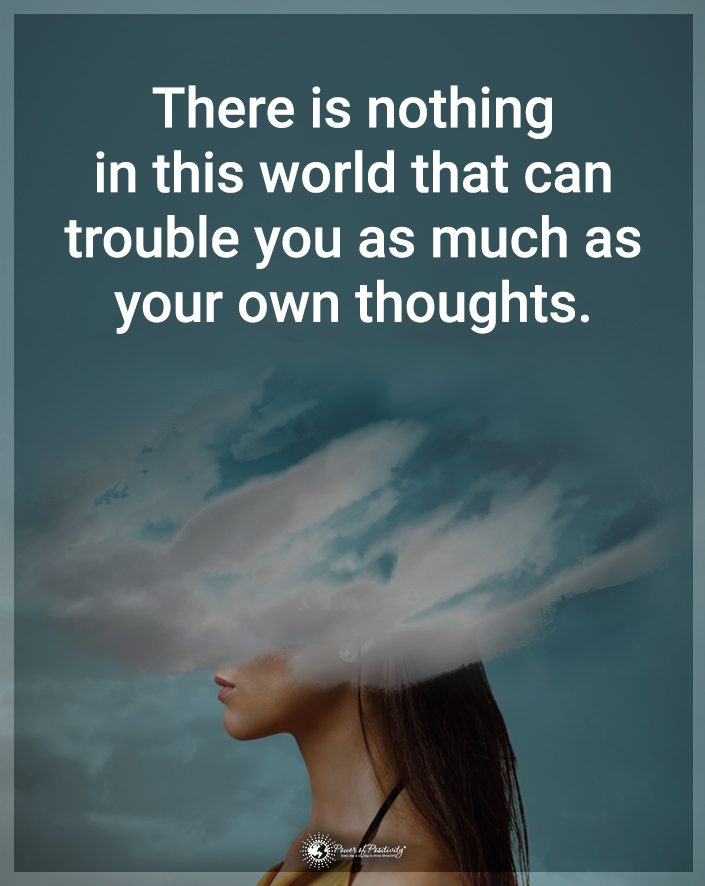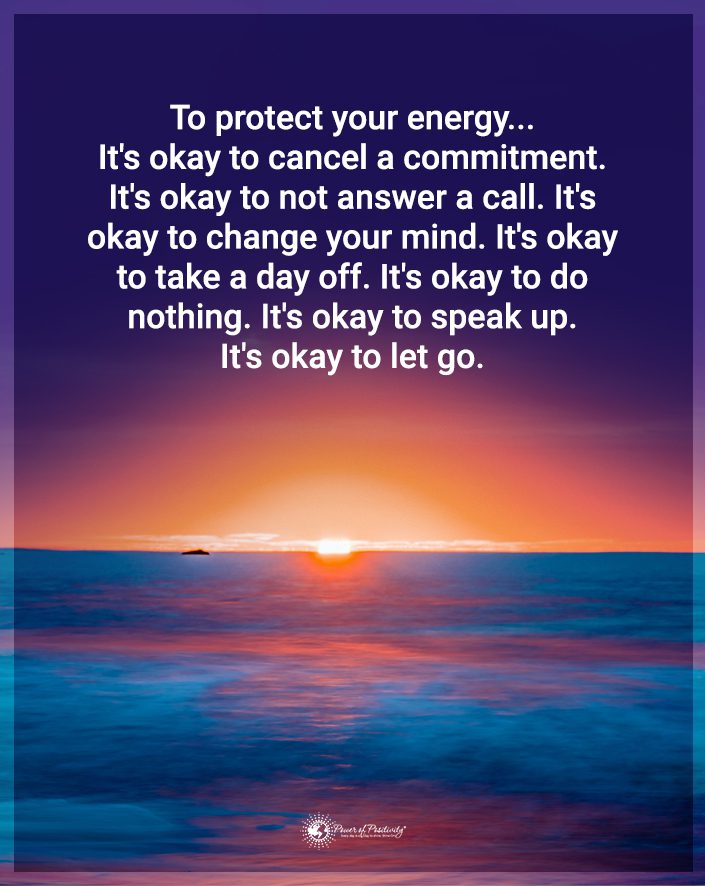Don’t let continuous worry erode your romance.
Imagine that it’s 3 AM. But while everyone else sleeps, you’re wide awake, dissecting every word of your last conversation with your partner. Sound familiar? You are overthinking. We’ve all been there, turning delightful moments into endless loops of worry and speculation.
This cognitive overdrive disrupts our mental peace and places a silent, growing strain on our relationships. But what happens when such overanalysis becomes a frequent visitor in your love life? It becomes crucial to recognize it, address it, and navigate it with tact and understanding.
This article will explore ten clear signs indicating you might be overthinking your relationships. Besides that, and perhaps more importantly, we will present actionable steps to halt this mentally exhaustive cycle. From identifying persistent anxieties to implementing practical solutions, we aim to provide a straightforward roadmap to ease your mind and fortify your relationship.
Recognizing Overthinking in Your Relationship
Are you ready? Let’s jump in, unpick the knotted threads of overthinking, and work towards a more serene, stable partnership. Whether your relationship is blossoming new or has stood the test of time, a healthy, worry-free future is achievable. Let’s take the first step together.
1 – Constant Worry May Reveal Overthinking
We kickstart this list with a universal flag – perpetual worry about your relationship. Suppose your mind frequently hosts thoughts about your partner’s fidelity, commitment, or bond longevity. But you don’t have any substantive reason.
In that case, it’s a telltale sign that you are in the overthinking zone. This constant worry is a mental burden and an uninvited guest that can cast shadows over joyful moments and genuine connections.
2 – Seeking Constant Reassurance
“Do you love me?”
“Are we okay?”
If these questions bubble up often, and you find yourself seeking consistent affirmation and validation from your partner, it’s worth pausing to reflect. This ceaseless search for reassurance seems benign enough. Still, it can gradually erode a relationship’s natural stability and assurance.
3 – Difficulty in Making Decisions May Indicate Overthinking
Has making decisions become a monumental task? Or do you wrestle with every possible option and outcome in your relationship?
Those habits may indicate overthinking is likely at play. The inability to make straightforward choices, like where to dine or what movie to watch, without cycling through a whirlwind of possibilities can stunt the spontaneous joy relationships often bring.
4 – Imagining Hypothetical Situations
Creating scenarios in your mind that haven’t occurred, especially those tinted with conflict or hardship is another red flag. If you rehearse arguments or envision purely hypothetical crises, realizing that this speculative thinking serves no practical purpose is essential.
Instead, it only sows seeds of discord.
5 – Obsessing Over Past Mistakes Can Worry You
Being shackled to bygones, particularly errors and misunderstandings impedes forward movement. Addressing this pattern is vital if old mistakes frequently appear in your conversations and thoughts.
Remember that relationships thrive on forgiveness and growth. So, do not linger on past mishaps.
6 – Overanalyzing Every Word and Action May Reveal Overthinking
Dwelling deeply on every word uttered, and every action undertaken by your partner can be mentally exhausting and fruitless. Instead of overanalyzing everything, cultivate an atmosphere of easy, unstrained interaction.
It’s fundamental to understand that not every silence is loaded, and not every action is symbolic.
7 – Constant Comparison with Other Couples
If you often measure your relationship against others’, be mindful. Each relationship is unique, built on a foundation of individual experiences and moments.
Too harsh comparisons rob you of appreciating your unique bond. As a result, you may feel unnecessary dissatisfaction and insecurity.
8 – Ignoring Positive Moments in Your Relationship
Overlooking the positives and fixating solely on imperfections and issues is a skewed lens that demands correction. An imbalance in perspective could mean minor flaws or disagreements eclipse the best parts of your relationship. Thus, it requires deliberate refocusing on your relationship’s wholesome, affirmative aspects.
9 – Fear of Future Problems May Lead to Overthinking
Do you anticipate problems that do not exist? Or do you often imagine minor issues in future catastrophes? These behaviors are counterproductive.
Ensuring your relationship remains anchored in the present is pivotal for its healthy progression. Indeed, it allows you to appreciate and address current moments and situations – but only when they actually happen!
10 – Losing Yourself in the Relationship
If you notice your interests, hobbies, and individuality blurring into the backdrop as the relationship takes center stage in your thoughts and actions, it’s time to reassess.
Maintaining a solid sense of self is fundamental for personal well-being and cultivating a mutually respectful and balanced relationship.
In identifying these signs within our mental and emotional patterns, you pave the first stone towards effectively managing overthinking. It’s not about perceiving these signs as faults. Instead, they are signals, gently nudging you towards building stronger, healthier, and more fulfilling relationships.
Addressing and Managing Overthinking: Effective Solutions
Now that you understand the signs you might be overanalyzing, what can you do to solve it? Try these:
1 – Open Communication Can Stop Overthinking
Honesty is paramount. Articulate your fears, expectations, and feelings to your partner without hesitation. Open channels of communication act as the lifeblood of healthy relationships.
Thus, they allow both partners to understand and navigate their emotional and cognitive landscapes effectively.
2 – Trust Can Outweigh Your Worry
Trust does not magically appear overnight. Instead, it is the cornerstone upon which stable relationships stand. Establishing trust involves consistent behavior, transparency, and integrity.
Believe in your partner. Also, grant them the space to be themselves and expect the same in return.
3 – Seeking Professional Help Can Reduce Overthinking
There’s no shame in reaching out for help. Therapy and counseling are invaluable resources providing expert insights into managing cognitive and emotional patterns. A therapist can help ensure that individuals and relationships flourish.
Besides helping to strengthen your relationship, a trained professional may also be able to tell if you have an underlying mental health diagnosis that has gone undiagnosed.
4 – Mindfulness and Presence
Adopt mindfulness practices like meditation or yoga to anchor yourself in the present. Engaging in these activities can counterbalance your overthinking. That’s because it helps to bring your focus to the here and now.
5 – Creating Healthy Boundaries
Balance is key. Establishing clear boundaries ensures your relationship doesn’t consume your entirety. Instead, they give both partners the space to grow individually and as a pair.
6 – Learning and Growing Together
Embrace change and growth together. Engaging in activities fostering collective learning and evolution ensures your relationship remains dynamic and adaptable.
7 – Embracing Imperfections
Nobody’s perfect. Accept imperfections in yourself and your partner. This acceptance creates a nurturing environment where both individuals can be genuine without fearing judgment.
8 – Building Self-confidence May Offset Your Overthinking
Maintaining a robust sense of self-worth is crucial. Engage in activities and practices that bolster your self-confidence. You will soon understand that your emotional stability does not wholly come from your relationship.
9 – Focusing on Positive Aspects Instead of Embracing Worry
Actively choose to focus on the positives. Celebrating joys, appreciating gestures, and valuing happy moments fortify your relationship against the ebb and flow of challenges.
10 – Establishing Individuality
Remember who you are outside the relationship. Preserve and practice your hobbies or spend time with your friends or loved ones. As a result, you will see that your individuality remains vibrant and intact.
Understanding that overthinking is neither an insurmountable obstacle nor an inherent flaw is crucial. It’s a pattern. Therefore, like all patterns, you can manage, modify, and transform this worry with consistent effort. Let’s cultivate relationships where minds are at ease, interactions are genuine, and the future is something to step into with curiosity and joy, not apprehension and fear.
Final Thoughts on Overthinking and Worry in Your Relationships – and How to Overcome Them
Navigating the waters of a relationship while carrying the weight of overthinking can be a tumultuous journey. It casts shadows on the bright, joyful moments, erecting walls instead of bridges between two people.
Recognizing this cognitive pattern is the first step toward preserving the health of a relationship. It also enriches it with depth, understanding, and genuine connection.
Tackling overthinking involves a conscious blend of open communication and establishing trust. In short, it ensures the relationship is a safe space for both individuals to be authentic. A steadfast relationship cannot come from perfection. Instead, it comes from the acceptance of imperfections, mutual respect, and the unwavering commitment to traverse through both serene and stormy weathers hand in hand.
As you pivot from introspection to action, adopt practical strategies to manage overthinking. Embrace your relationships with a fresh perspective. So please cherish the present moments, welcome future ones with an open heart, and allow your relationships without worry and doubt.
Remember, you can break the habit of overthinking with conscious effort. You can also build supportive environments and seek expert guidance. This positive mindset allows the beautiful, resilient blossom of a healthy, happy relationship to unfold in its full glory. As a result, you will learn to light your life with warmth and unbridled joy. May your relationship be the haven where hearts communicate freely, love flows effortlessly, and understanding prevails.

















 Community
Community

